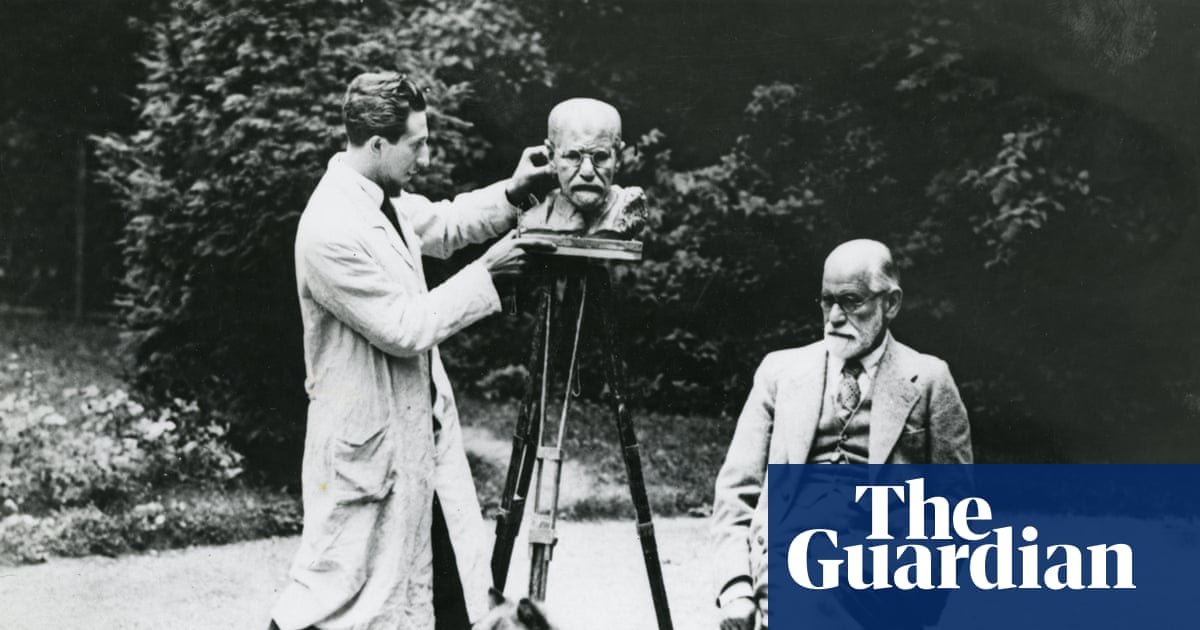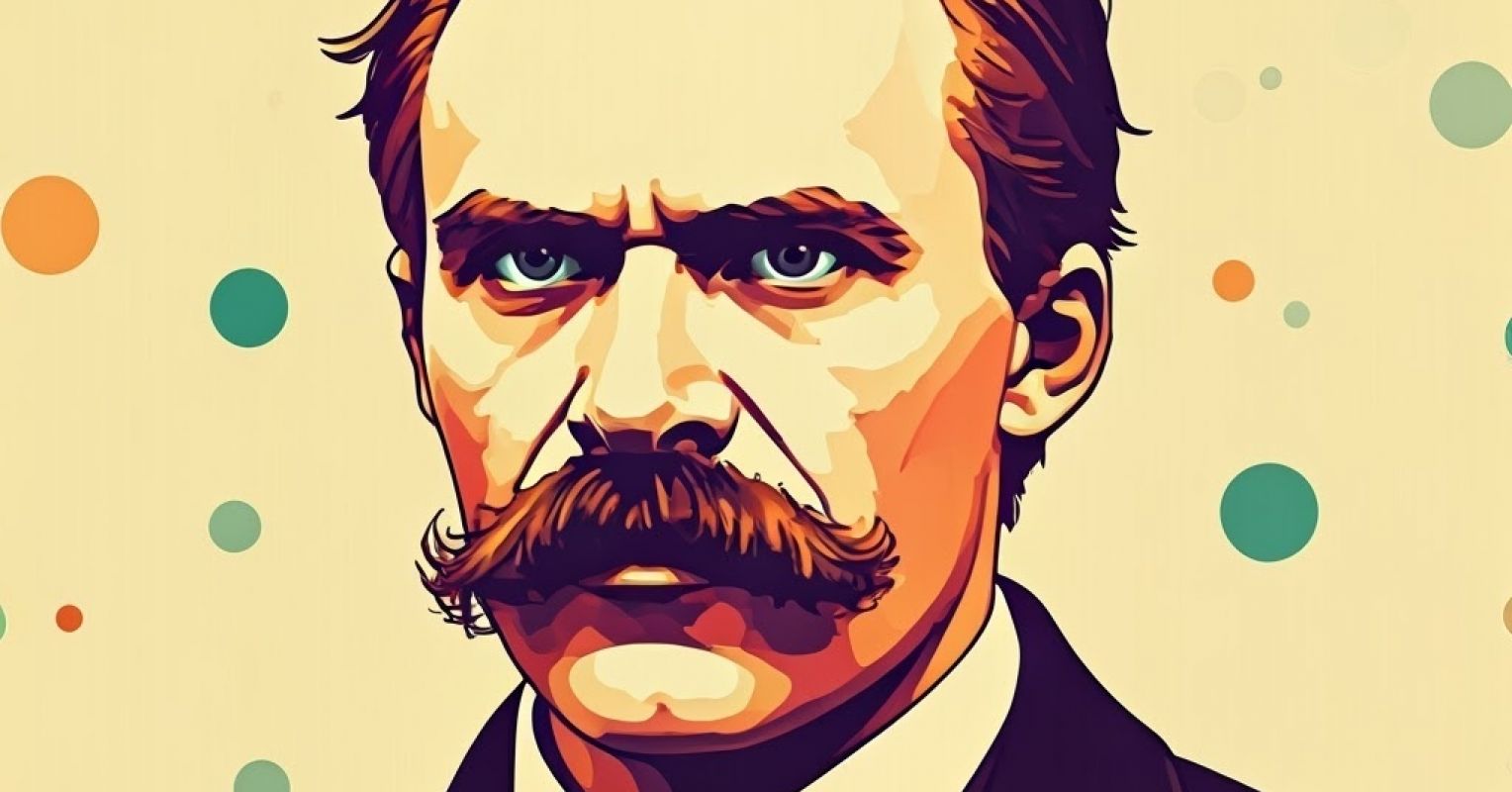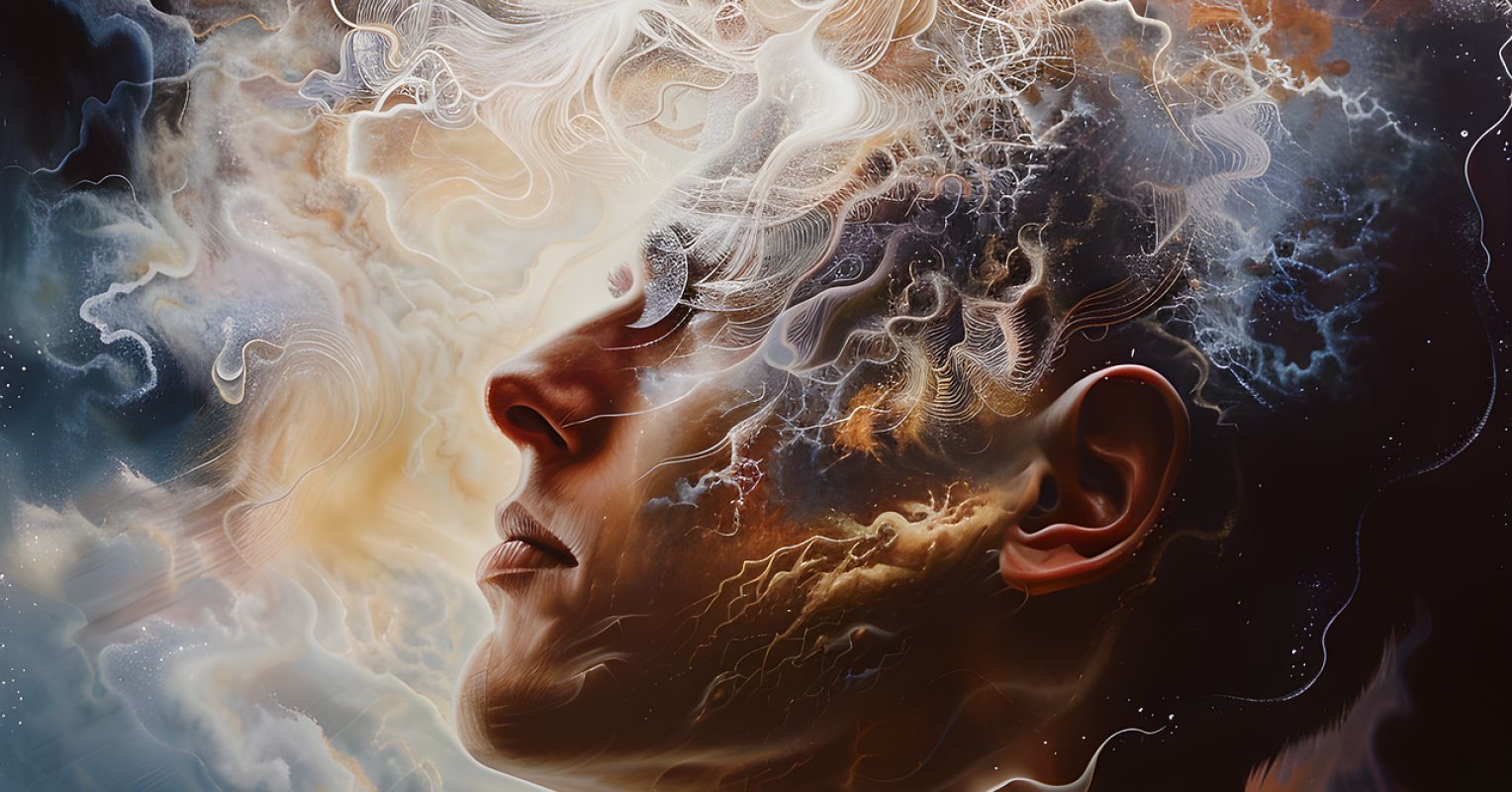#psychoanalysis
#psychoanalysis
[ follow ]
#mental-health #therapy #freud #trauma #relationships #unconscious-mind #psychology #neuroscience #fashion #identity
fromThe New Yorker
2 weeks agoReading for the New Year
Over the holidays, my plan is to read "Attention Seeking," in which Phillips, a psychoanalyst who is also a brisk and elastic writer, reclaims the titular activity as prosocial, meaningful, and valuable. I'm going to be honest. I don't think I will like this book very much. I anticipate shaking my fist and shouting, "Wrong, wrong, wrong!" But maybe I will instead discover the ways in which I am wrong, wrong, wrong about attention-seeking.
Books
fromwww.theguardian.com
1 month agoGratitude can be truly healing but you need more than a checklist
In that moment, something clicked. I felt the rush and the relief of sudden emotional clarity. I think this came from seeing that my psychoanalyst, by not apologising to appease my anger, by not taking an easy way out of the conflict, by persisting in offering me her honest thoughts about what was going on in my mind and by bearing my struggle to take them in, was giving me an extremely rare and precious experience.
Mental health
fromwww.theguardian.com
2 months agoAre you stuck in ordinary - but devastating - narcissism? There is a way out
Next: different walks around different parks with different friends, each with the same feeling of being warmed from the inside out; also, bumping into neighbours at the playground and feeling a part of my community. I remember powerful moments with my patients, who have felt understood, by me and within themselves. And I think of the moving messages from readers who have got in touch, sharing precious stories from their lives.
Psychology
LGBT
fromLGBTQ Nation
2 months agoRichard Isay went through conversion therapy. He helped turn psychoanalysis against it. - LGBTQ Nation
Richard Isay transformed psychoanalysis by advocating acceptance of queer identity, ending conversion therapy practices, and persuading professional societies to support gay marriage.
fromPsychology Today
3 months agoUnlocking the Mind: The Imaginary Space of Psychoanalysis
When Freud first invited patients to lie on the couch and say whatever came to mind, he created something revolutionary-not just a "talking cure," but a living space where unconscious processes could be experienced and observed, in moments of heightened awareness and through fog and defense. Psychoanalysis remains one of our most profound ways of understanding the mind, not through detached observation, but through the intimate, professional relationship of two people speaking freely and listening openly.
Psychology
fromJuxtapoz
3 months agoJuxtapoz Magazine - Alic Brock's "When Shadows Forget Their Master" @ PLATO, NYC
Atlanta-based painter Alic Brock has developed a practice that merges digital manipulation with painterly precision. Brock creates compositions that explore spaces between waking and dreaming, recognition and estrangement. Each work begins as a collage of both found and personal imagery that is intentionally altered and translated to canvas using airbrush acrylics. Fragments of Americana, cultural icons, and private memory mingle in peculiar scenarios where narrative and meaning surface only in retrospect.
Arts
fromwww.theguardian.com
4 months agoLove's Labour by Stephen Grosz review the truth about relationships
A maths lecturer, convinced his wife is cheating, will not check the CCTV footage that might confirm his fears but instead keeps a private tally of the number of pubic hairs she sheds in her underwear. One hair is OK, acceptable, more is evidence that she has been having it off, he says, unaware that he uses these delusions of her infidelity to protect himself from the dangers of intimacy.
Psychology
fromPsychology Today
7 months agoJacques Lacan on How Children Learn to Make Meaning
Freud first described the fort/da game in "Beyond the Pleasure Principle" after watching his grandson repeatedly throw a spool out of his crib and out of sight, allowing him to manage the anxiety of his mother's absence.
Parenting
fromwww.theguardian.com
8 months agoParallel Lines by Edward St Aubyn review troubled minds and family mysteries
Parallel Lines deftly weaves a narrative that explores the complexities of personal relationships and psychological fragility amid broader social issues like environmentalism and mental health.
London food
[ Load more ]












